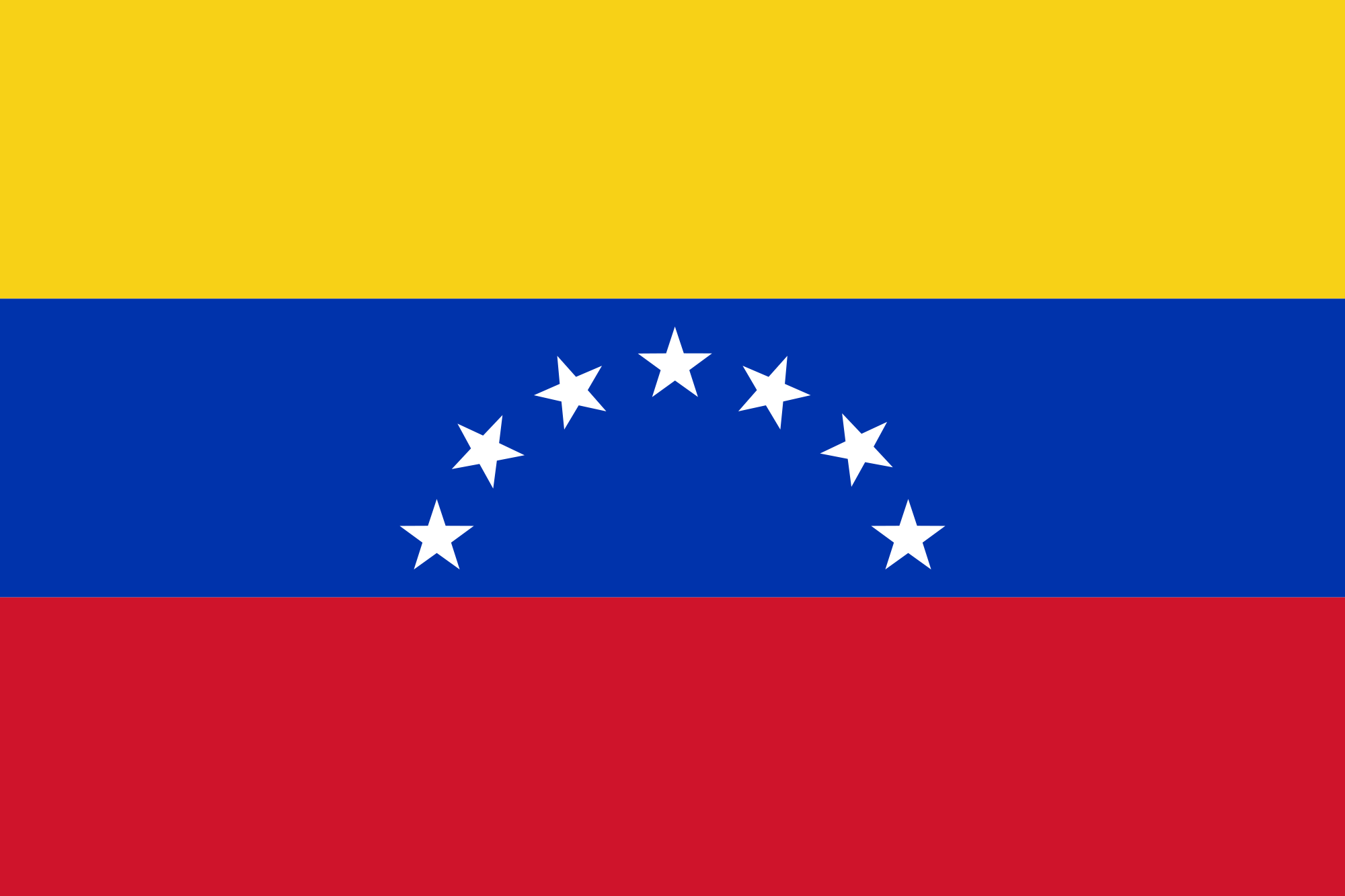A public television network based in Venezuela has penned an outrageous article against Bitcoin.
The Venezuelan Television Corporation, in its latest article, tried to brand Bitcoin as “the currency of criminals and terrorists”, stating how the new payment system has gained favors from the world’s most notorious groups. It further highlighted how Bitcoin in Venezuela is turning into a “tool for tax evasion, money laundering and cause damage to the country’s economy.”
“For Venezuelans,” the article said, “it is no secret the damage it has caused to the national economy creating an illegal and criminal exchange rate system. The result of its growing traction has led to induced inflation levels, which do not correspond to the normal parameters of economic development.”
The article however, never discussed the legal status of Bitcoin in Venezuela. It appeared more like a practice to move people out of the Bitcoin ecosystem — to put the nation’s economic growth back on track.
Is it a Blame Game?
Venezuela is currently facing one of the most severe financial crisis, with its national currency hitting its lowest best against the USD due to massive printing. This is again the fault of the country’s economists that have brought down the entire finance system with poor monetary policies.
Amusingly, the economy crisis in Venezuela is twice older than the age of Bitcoin. It all started when late President Hugo Chavez came to power in 1999, and started his critical socialist experiment. At that time, a good part of Venezuela’s economy was dependent on its state-owned oil company, PDVSA. The socialist policies allegedly spent billion of dollars on certain government programs — all out of the profits made by PDVSA.
In the last few years, PDVSA’s profits have started to look negative. The oil production is low that has led the central bank to print more and more money to fund its socialist programs. This has further resulted into the massive value depreciation of Bolivar in international markets. Venezuelans are therefore resorting to foreign currencies such as USD to keep their incomes stable. But even these national currencies are available in black markets, where their value are reported to 200% higher than the actual rates.
Enters Bitcoin, a digital currency known for its decentralized and semi-anonymous status. Over the recent months, Venezuelans are visibly showing massive interest in this mathematical currency. It is easily available to be purchased from internet, could be stored safely in online and offline wallets, and could be exchanged with fiat via third party services. Overall, Bitcoin is looking like the best bet for financially oppressed citizens of Venezuela.
It is pretty evident that the Venezuela government is trying to spread false propaganda against Bitcoin to hide their own failures. The digital currency has a status for being used as a financial tool by criminals, but one cannot be so parochial while sketching the definitions. Developed countries like the US, UK, Singapore and Japan are showing interests in Bitcoin for its ability to record and settle transactions more quickly than any other traditional payment method. Its underlying technology, the blockchain, have attracted investments worth billions from companies like IBM, Barclays, Nasdaq, NYSE, etc.
What Venezuelan government needs today is a policy to regulate Bitcoin. They should take tips from other countries on how they can boost their economy by supporting FINTECH startups. Defaming an emerging technology like Bitcoin won’t do any good to a depleting economy.
[subscribe]



